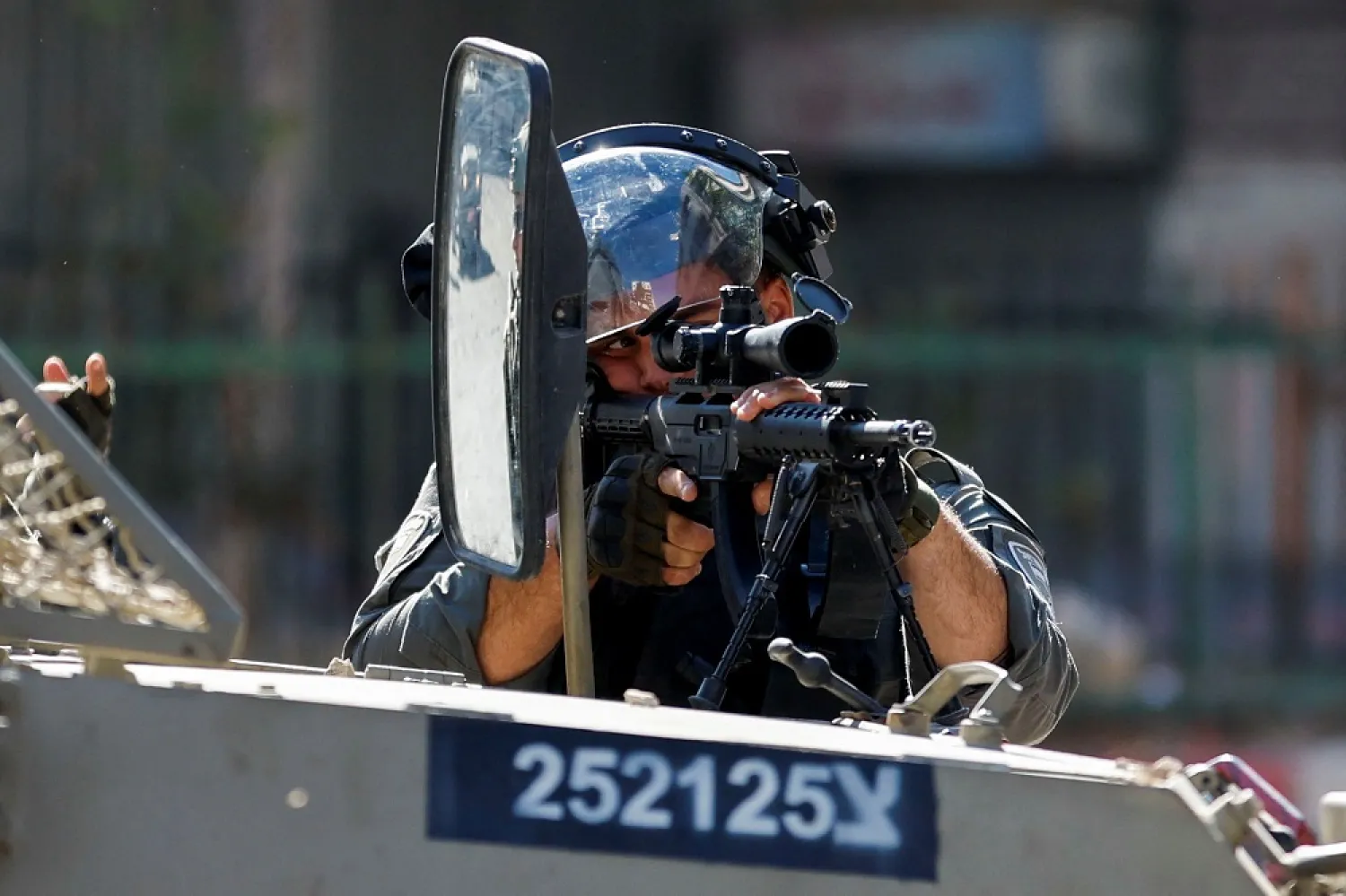A Palestinian man on Tuesday rammed his car into an Israeli woman, seriously injuring her, before he was shot dead by Israeli police in the occupied West Bank. He was the fourth Palestinian killed in a series of violent incidents throughout the day.
It was the latest bloodshed in a mounting surge of Israeli-Palestinian violence in the wake of a Jerusalem bombing last week that killed two Israelis.
The violence began overnight near the city of Hebron, where fighting erupted between Israeli forces and residents.
The Israeli army said clashes erupted after two army vehicles got stuck due to mechanical issues. It said soldiers opened fire after Palestinians hurled rocks and explosives. It said Palestinian gunmen also opened fire.
The Palestinian Health Ministry said Mufid Khalil, 44, was killed and at least eight other people were wounded by Israeli fire.
In a separate incident, two brothers were killed by Israeli fire during clashes with troops near the village of Kafr Ein, west of Ramallah in the northern West Bank early Tuesday. The Palestinian news agency Wafa identified them as Jawad and Dhafr Rimawi, 22 and 21.
The Israeli military said troops operating in the village came under attack from suspects throwing rocks and firebombs, and soldiers responded with live fire.
Later on Tuesday, a Palestinian driver rammed his car into an Israeli pedestrian near a West Bank settlement north of Jerusalem in what the army said was a deliberate attack. Security camera footage showed the vehicle turning around and slowing in front of the woman, before accelerating and running her over. The woman was thrown into the air as the driver sped away.
Police chased the driver and shot him. The man, identified as Rani Abu Ali, 45, from the West Bank town of Beitunia, was pronounced dead at a Jerusalem hospital.
Tensions between Israelis and Palestinians have been surging for months amid nightly Israeli raids in the West Bank, prompted by a spate of deadly attacks against Israelis that killed 19 people in the spring.
More than 140 Palestinians have been killed in Israeli-Palestinian fighting in the West Bank and east Jerusalem this year, making it the deadliest year since 2006. The Israeli army says most of the Palestinians killed have been gunmen. But stone-throwing youths protesting Israeli army incursions and others not involved in confrontations have also been killed.
In a new report, the army described a fragile situation in the West Bank as a new, hardline Israeli government prepares to take office. The army said it has mobilized thousands of troops and arrested some 2,500 Palestinians and confiscated around 250 weapons since March.
Israel captured the West Bank in the 1967 Mideast war, along with east Jerusalem and the Gaza Strip. The Palestinians seek those territories for their hoped-for independent state.









